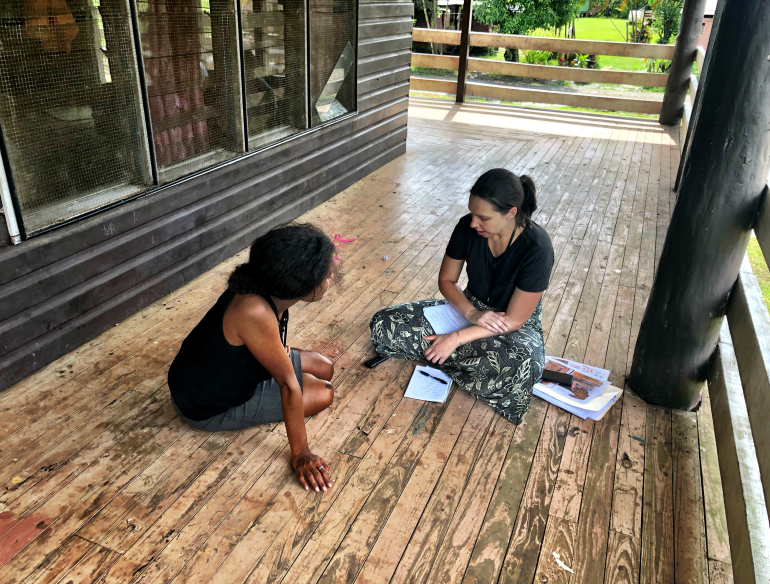Infectious diseases cannot be prevented, treated and cured without understanding the social and behavioural factors affecting how infectious diseases spread, and how medical interventions might be accepted. It is also essential to understand how broader themes like socioeconomic background, gender, cultural background and identity influence health outcomes. This is why at the Kirby Institute we have a strong program of research dedicated to understanding the relationship between society, communities and health.
Since our earliest studies, we have worked closely with the individuals and communities who are impacted by infectious disease. Our social and behavioural scientists use both qualitative and quantitative research methods to understand individual behaviour and attitudes that impact on health. Some of these factors could include cultural practices, social stigma, education and understanding of health, engagement in risk behaviour, access to health services and interventions, and demography.
Our social and behavioural scientists employ research methods such as observation, interviews and surveys to investigate and understand health-related behaviours, their causes and their impacts. We have a strong commitment to decolonise health research, and to achieve this, we ensure that the communities impacted by our research are decision makers at every step of the research process.
Key areas of our social and behavioural science research expertise include:
- We have a long history working with at risk communities, especially gay and bisexual men, in understanding behaviour such as sexual or drug use activity and how this impacts on HIV prevention and sexual health. With this knowledge, we are able to tailor health interventions to suit the community’s needs and reduce stigma.
- Our researchers are working closely with local research institutions, health workers, and communities in Papua New Guinea to deliver effective and appropriate testing for HIV, sexually transmissible infections and cervical cancer-causing HPV.
- We also work with Aboriginal community-controlled health organisations and community leaders to assess and deliver culturally safe programs to improve health.
Programs working in this area:
- HIV Epidemiology and Prevention Program
- Asia and Pacific Health Program
- Global Health Program
- Viral Hepatitis Epidemiology and Prevention Program
- Sexual Health Program
